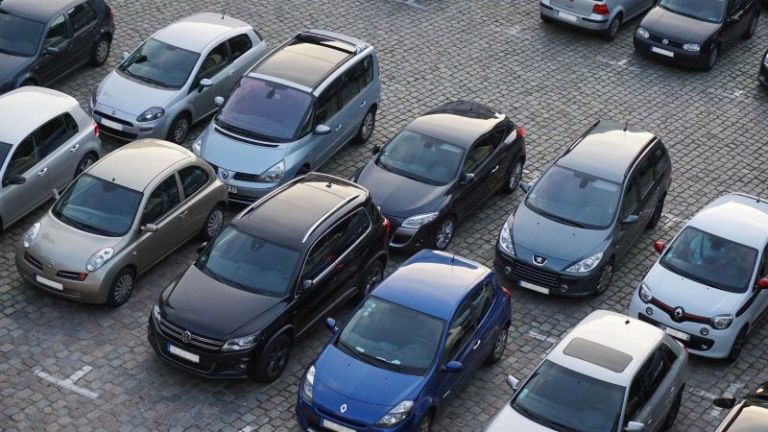Passenger car market: 2022 ends with a strong final spurt

The German passenger car market closed the year 2022 with a strong final spurt. In December, 314,300 new passenger cars were registered. This corresponded to growth of 38 percent compared to the same month of the previous year. The passenger car market thus turned positive shortly before the end of the year and ended 2022 with a small growth rate of 1 percent. A total of million new passenger cars hit the roads.
Reinhard Zirpel, President of the Association of International Motor Vehicle Manufacturers (VDIK), said: “With this strong final spurt, the 2022 auto year is closing on a conciliatory note, even though the market as a whole remained significantly below expectations. Delivery capacity continues to be a challenge, but has improved significantly. Manufacturers can gradually work off the currently high order backlogs.”
Environmental bonus causes wave of registrations for e-cars
The strong growth in the passenger car market in December can be attributed solely to electric vehicles. In the last month of 2022, 174,000 pure electric cars and plug-in hybrids were newly registered, an increase of 114 percent. This marked the first time that more than half of new cars in a month were e-vehicles (55 percent). Due to the impending cut in the environmental bonus for all-electric cars and the complete elimination for plug-in hybrids, there was, as expected, a large rush at registration offices in December.
A total of around 833,000 electric vehicles were newly registered in 2022 (up 22 percent). This included 470,600 pure electric passenger cars (up 32 percent) and 362,100 plug-in hybrids (up 11 percent). In December, more than 100,000 pure battery electric e-cars were also newly registered for the first time (104,300).
Reinhard Zirpel emphasized: “At the end of the year, manufacturers, dealers, transporters and registration offices created the conditions that enabled many e-car customers to still secure the higher subsidy. In the coming year, the momentum will slow considerably. We expect only around 800,000 new e-vehicles in 2023. Unfortunately, rising electricity prices and lower subsidies will have an unfavorable impact on the attractiveness of electric cars. The German government should therefore use the new year to rebalance the financial framework for alternative drives.”
Private new registrations remain below 1 million
The strong final spurt was also driven by private registrations. 109,300 registrations represented a 33 percent increase. In 2022, a total of more than 951,000 new passenger cars were registered privately (up 5 percent). However, following the very weak previous year, new private registrations once again fell short of the 1 million mark. Their share of the overall market rose to 36 percent.
Commercial vehicle market slumps in 2022
The commercial vehicle market also achieved an increase in December, with 8 percent or 31,600 new registrations. For 2022 as a whole, however, the market was down 11 percent on the previous year, with 312,400 new registrations.
| Dezember | January – Dezember | ||||
|---|---|---|---|---|---|
| +/- (%) | Share of total car market (%) |
+/- (%) | |||
| Passenger car | 314,300 | 38 | 2,651,400 | 1 | |
| – VDIK-brands | 126,500 | 36 | 40 | 1,042,800 | -1 |
| – german brands | 163,700 | 32 | 52 | 1,505,600 | 0 |
| – other brands | 24,100 | 145 | 8 | 102,900 | 62 |
| Electric vehicles (total) | 174,000 | 114 | 55 | 833,700 | 22 |
| – purely battery-powered | 104,300 | 115 | 33 | 470,600 | 32 |
| – plug-in-hybrids | 69,700 | 113 | 22 | 362,100 | 11 |
| Commercial vehicle | 31,600 | 8 | 312,400 | -11 | |
Source: KBA, VDIK